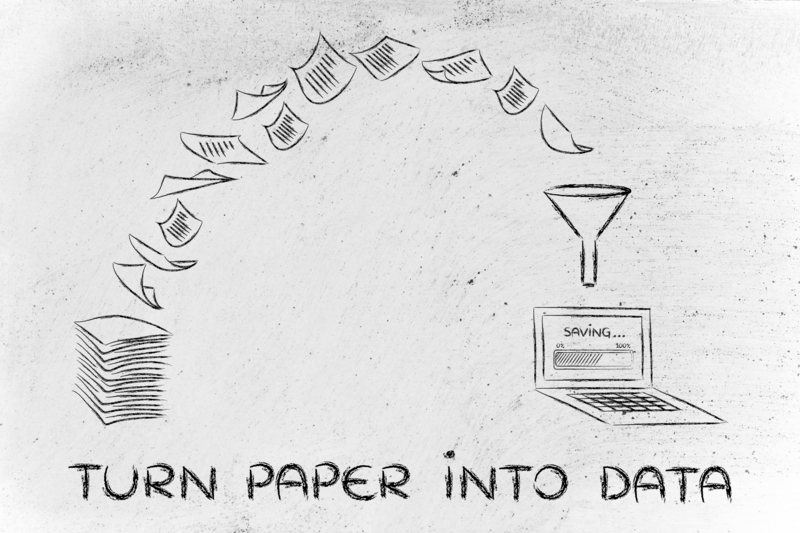Explore the Critical Facts About Recycling Glass
Recycling glass is more than just a trend--it's an essential component of sustainable living. This article aims to explore the critical facts about recycling glass, revealing why it's crucial for both environmental and economic reasons, and how we can improve our recycling efforts.
Why Is Glass Recycling Important?
Glass recycling holds significant importance for several reasons. Understanding these benefits can inspire more people to contribute to glass recycling initiatives, reduce landfill waste, and conserve natural resources.
Environmental Benefits
- Reduction in Landfill Waste: Glass takes a remarkably long time to degrade in landfills. Recycling glass helps keep this material out of our overburdened landfill systems.
- Conservation of Raw Materials: Recycling reduces the need for raw materials. Approximately 1.2 tons of raw materials are preserved per ton of recycled glass.
- Reduction of CO2 Emissions: Recycling glass consumes less energy compared to producing new glass from raw materials. Every ton of recycled glass saves approximately 0.5 tons of CO2 emissions.
Economic Benefits
- Job Creation: The recycling industry has created thousands of jobs in collection, sorting, processing, and selling recycled materials.
- Cost Efficiency: Recycling glass is often cheaper than managing waste or creating new glass products, leading to economic savings.

The Glass Recycling Process
Understanding the glass recycling process is vital for recognizing its efficiency and effectiveness:
- Collection: Glass waste is collected from residential, commercial, and industrial sources.
- Sorting: The glass is sorted by color and type. Clear, brown, and green glass are separated as they have different recycling needs.
- Cleaning: The glass is cleaned to remove any contaminants such as paper labels or residue from the previous use.
- Crushing: The cleaned glass is crushed into small pieces called cullet.
- Melting: The cullet is melted down and molded into new glass products.
The Role of Technology in Glass Recycling
Innovative technologies are improving the efficiency of the glass recycling process, making it more sustainable and effective.
- Optical Sorting: Advanced optical sorting machines can rapidly and accurately sort glass by color and remove impurities.
- Automated Collection Systems: Technological advancements have made collecting more efficient, reducing costs and increasing the volume of recyclable glass collected.
Interesting Facts About Glass Recycling
Did you know:
- Recycled glass can be recycled indefinitely without losing quality or purity.
- Using recycled glass involves using only 40% of the energy required to make glass from raw materials.
- Recycling a single glass bottle can conserve enough energy to power a light bulb for four hours. It also saves enough energy to run a computer for 25 minutes.

Challenges in Glass Recycling
Despite the numerous benefits, several challenges persist in the glass recycling sector:
- Contamination: Mixed materials and impurities in recycled glass can hinder the recycling process.
- Lack of Awareness: Many communities lack awareness about the importance and process of glass recycling, reducing participation rates.
- Collection Infrastructure: Inadequate recycling facilities or collection services can lead to the disposal of glass in general waste.
Addressing these challenges through education, innovation, and investment is crucial for maximizing the benefits of glass recycling.
How You Can Help Promote Glass Recycling
Increasing the rates of glass recycling begins at home and within the community. Here's how you can contribute:
- Educate Yourself: Learn more about the types of glass that can be recycled and the processes involved.
- Sort Correctly: Properly sort glass items for recycling, ensuring they are free from contaminants such as food residue and labels.
- Participate in Local Programs: Engage in local recycling programs and initiatives.
- Spread Awareness: Share information about the benefits and importance of glass recycling with friends, family, and your community.
Conclusion
Glass recycling is a critical process that offers numerous environmental and economic benefits. By understanding the importance, challenges, and technology in glass recycling, and by becoming proactive participants in recycling efforts, we can all contribute to a more sustainable future. Let's take steps to ensure our glass products are recycled efficiently--helping reduce waste, conserve resources, and protect our environment for generations to come.